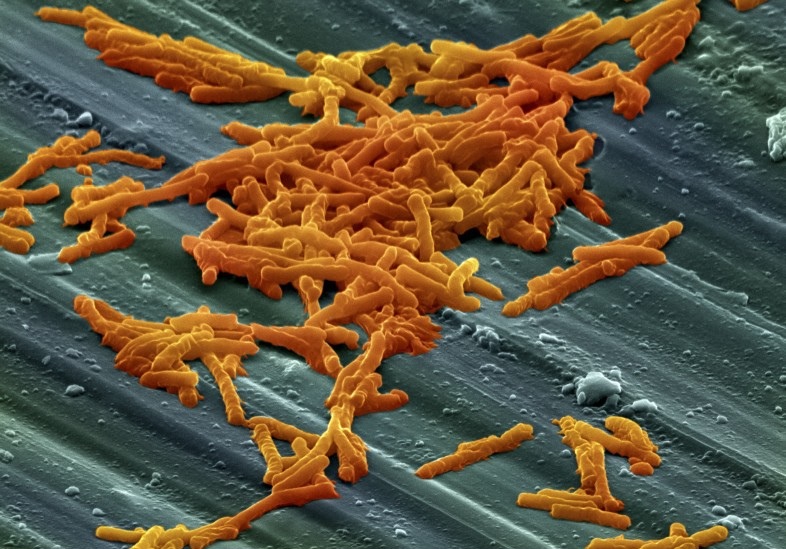Final PhD Seminar - Clostridium difficile: assessing the risks to Australia of an emerging healthcare-related pathogen
Luis is a PhD candidate in infectious disease epidemiology at the Department of Global Health, Research School of Population Health. Before joining ANU, he completed his MEpi and MPH at the University of Queensland.
Content navigation
Description

Luis is a PhD candidate in infectious disease epidemiology at the Department of Global Health, Research School of Population Health. Before joining ANU, he completed his MEpi and MPH at the University of Queensland.
Abstract
Clostridium difficile infection (CDI) is the most common cause of infectious diarrhoea among inpatients worldwide. The incidence and severity of CDI have dramatically increased over the past three decades. In recent years, C. difficile has surpassed methicillin-resistant Staphylococcus aureus as the most common bacterium causing healthcare-acquired (HA) infections in community hospitals. The body of research of CDI has largely focused on symptomatic HA-CDI; the current evidence, however appears insufficient in order to successfully control the spread of C. difficile and prevent severe outbreaks. Therefore, the aim of this thesis is to gain insight into the components of C. difficile epidemiology that are poorly understood (asymptomatic colonisation, community-associated [CA]-CDI and the interaction between symptomatic and asymptomatic patients) and to explore new treatment options and novel risk factors in order to provide evidence that would assist in prevention, control and treatment of C. difficile. In this seminar, Luis will present an overview of his PhD research and key findings from 9 papers (7 published and 2 under review).
Location
Bob Douglas Lecture Theatre, Building 62 NCEPH (entrance on Eggleston Road)
